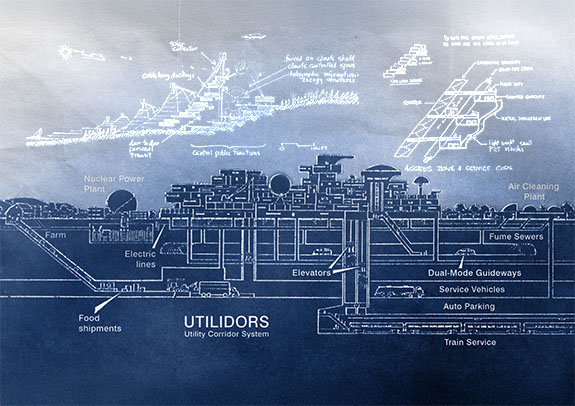Alternative Urban Futures
About the event
This event is part of a wider seminar series, focussed on unravelling and understanding current urban practices that have emerged in recent years as alternatives to mainstream planning and urban governance processes, particularly in the aftermath of the COVID-19 pandemic. These can be together described as 'experimental urbanism', presented in the public and academic discourse through often overlapping and related terms such as:
- temporary urbanism
- ad-hoc urbanism
- DIY urbanism
- pop-up urbanism
- tactical urbanism
- guerrilla urbanism
We seek to bring together researchers, activists and practitioners involved in undertaking meaningful public projects that break with common planning and urban design practices, either in terms of experimental methods of place-making, innovative governance approaches to urban processes or radical creative spatial interventions.
.jpg)
Call for papers
For our first event at Newcastle University, we would like to invite both academic paper contributions and/or practitioner problem-setting pieces on the following themes:
- urban projects addressing key contemporary urban challenges in sustainability and green infrastructures research
- urban designs and architecture that challenges conventional norms and promotes spatial innovation in a broader social justice context
- experiments in urban governance from a wide range of perspectives, and from both bottom-up and top-down viewpoints
The deadline for papers is 15 August 2025; 300-word abstracts should be sent to event organiser, Dr Georgiana Varna.

